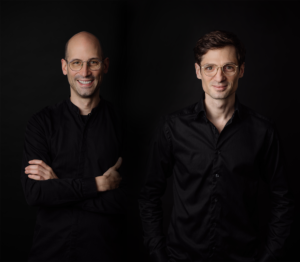“Is it worth sharing my experience of being overlooked for a promotion because I’m a white man?” Shaun Maguire pondered in a recent tweet. Maguire, a partner at Sequoia Capital, sparked a heated debate online with his question.
The responses to Maguire’s tweet reveal a clear divide among the players in the venture world: those who support efforts for diversity, equity, and inclusion (DEI) and those who do not. Notable and wealthy figures like Peter Thiel and Elon Musk have been vocal in their opposition to DEI, their thoughts widely shared and debated within the ecosystem.
“DEI must DIE. The point was to end discrimination, not replace it with different discrimination,” Musk tweeted, adding in response to himself, “‘Diversity, Equity and Inclusion’ are propaganda words for racism, sexism and other -isms. This is just as morally wrong as any other racism and sexism. Changing the target class doesn’t make it right!”
DEI is a framework aimed at creating more inclusive workplace practices to uplift marginalized communities. These initiatives include attracting a diverse pool of talent, unbiased hiring and promotion processes, and fostering positive work environments for all individuals to thrive. While DEI gained widespread support after the murder of George Floyd in 2020, that support has waned in recent years.
While DEI is meant to be an overarching effort that benefits all disenfranchised groups, it often ends up being targeted towards racial equity and leaves other marginalized groups behind. With the Supreme Court overturning affirmative action in education this year, industry leaders feared the progress made in the past two years would be dismissed. In a way, they were right, as the decrease in DEI support in business and tech has had ripple effects.
Neither Sequoia nor Maguire responded to requests for comment at the time of publication.
Veni Kunche, founder of Diversify Tech, shared that in 2020, she noticed a surge in companies reaching out to her organization, which connects diverse talent to job opportunities. However, by 2022, she saw a complete reversal in interest. “I was sincerely puzzled, as I hadn’t changed anything in my business model,” she said. “Then I started noticing some patterns.”








